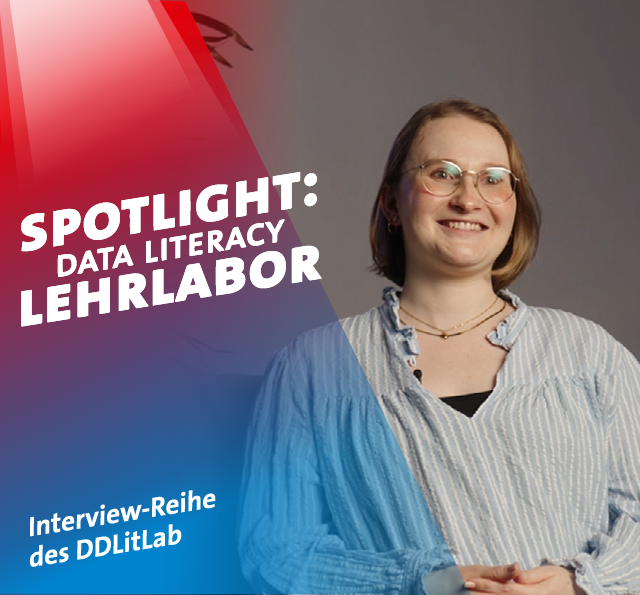Data Science for Social Scientists and Economists
- Course type: Lecture and exercise
- Organisation: Faculty of Business, Economics and Social Sciences
- Funding period: 01.04.2023 to 31.03.2024
- Short title: WiSo Data Science
Extract from the funding application: "University courses are urgently needed. They can enable students to understand and actively shape social and economic changes in a world characterised by digitality."
The WiSo Data Science project

The aim of the project is to familiarise students of social economics with data science. In a hybrid course, they will gain theoretical and practical knowledge about regression and classification methods. The hybrid lecture is supplemented by code examples so that "hands-on" knowledge is already imparted here. In the purely digital exercise, the acquired knowledge is applied in practice through small exercises. Students work collaboratively in small groups with JupyterHub and document their results in Quarto, learn project documentation and acquire knowledge via pair programming.
Two trainers and five tutors support the students. The trainers prepare the material and give an introduction, while the tutors support the groups. Solutions are discussed in the entire class.
The aim of the course is to reduce uncertainties in dealing with data and to teach programming with R using specialised examples. After completing the course, students should be able to carry out data analyses for their own research projects independently. The course also prepares students for collaborative work and encourages them to solve problems together.

Scott Graham / unsplash
Review and results

The following key results were achieved: An introduction to the practical significance of data, statistical/machine learning methods and "big data" for economic and social science issues. This was followed by a basic introduction to programming with R, which enabled students to independently create smaller research projects and understand the code of other researchers. They learned a range of data science methods, including data transformations, visualisation and simple methods of statistical learning, with a focus on supervised learning.
Basic ideas on in-sample/out-of-sample prediction and classification performance as well as the problem of dimension reduction (e.g. in lasso and ridge models or pruning of regression trees) were covered. Practical programming experience was taught using concrete examples from the social and economic sciences. Quarto presentations in the lecture explained the implementation of theoretical concepts with code snippets, which served as the basis for the students' own analyses in the exercises.
The creation of graphics and the theoretical knowledge of design principles for data visualisations were learned both practically and theoretically, which is important for the use of empirical data in student research projects and theses. Students were also sensitised to the principles of open science and reproducibility. Two practical presentations by graduates of the Department of Socioeconomics offered insights into career development opportunities in the field of data science and contributed to career orientation.
Tips from lecturers for lecturers

The lecture led to increased use of Quarto (slides) with the integration of code snippets and experience with Quarto as a didactic tool. The online tutorial resulted in a more intensive discussion and didactic development with the tools in Zoom (breakout rooms, surveys). The new teaching concept with small group work enabled the didactic competences in supporting small groups to be expanded. In addition, the possibilities of OpenOlat and JupyterHub for collaborative work were tested intensively.
Overall, all teaching staff benefited from the use of Quarto in courses, particularly through comprehensive code documentation, the creation of slides and exams. In addition, experience was gained in dealing with and involving tutors in the digital space.
Persons involved
Faculty of Business, Economics and Social Sciences
Applicants: Prof Dr Ulrich Fritsche, Max Weinig
Collaborators: Victoria Hünewaldt, Lisa Wegner
Funding line: Subject-specific data literacy
Funding period: 01.04.2023 - 31.03.2024
Course in winter term 23/24: Lecture & exercise Data Science for Socioeconomists (link to the Stine course catalogue)





